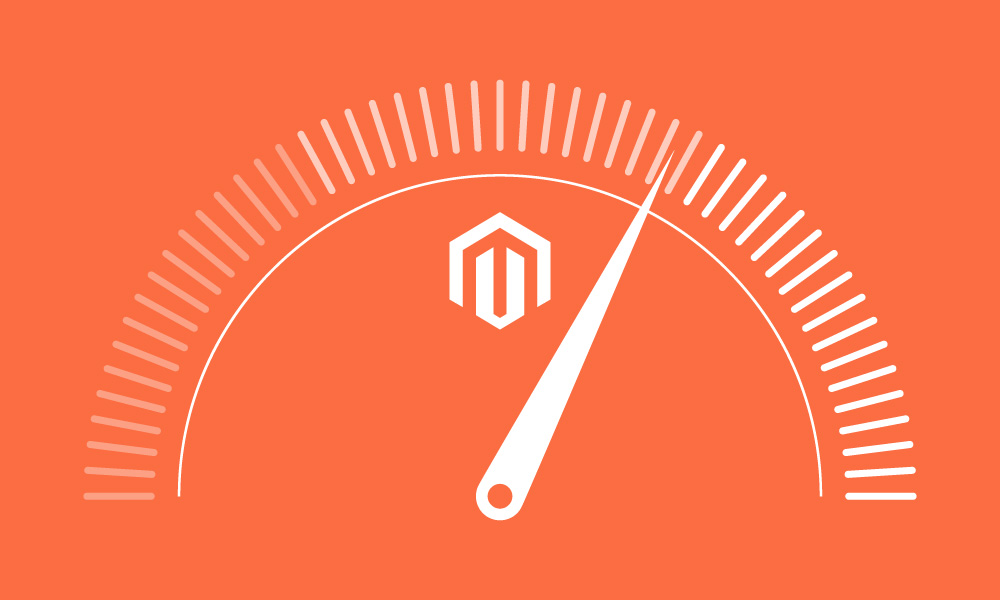
In the current competitive world of e-commerce, it is crucial to ensure that your Magento 2 site is running with optimal speed and efficiency in order to provide the best user experience possible. For this reason, we have drafted a blog post to introduce you to some strategies that you can implement in 2023 to improve your site speed, performance optimization, and overall efficiency to make your Magento store even more user-friendly.
So without any further delay, let’s begin exploring the tips and tricks that will help you achieve these goals.
Choose a High-Performance Web Host For Magento
When it comes to determining your website’s speed and overall performance, your choice of web host can make a significant impact. This is why it’s of utmost importance to select a web host that’s well-optimized specifically for Magento, the ecommerce platform you’re using. Keep an eye out for hosting providers that offer fast loading times, consistent uptime, and top-tier performance optimization features.
Don’t settle for a generic web host – instead, invest in one that’s purpose-built for Magento to ensure optimal performance.
Why Performance Matters in Web Hosting
When it comes to ecommerce, speed matters. Slow load times can lead to lost sales, decreased customer satisfaction, and even a drop in search engine rankings. That’s why it’s crucial to choose a web host that prioritizes performance and speed. In this blog post, we’ll explore why performance optimization matters in web hosting and provide some tips for choosing a host that’s optimized for speed and performance.
Opt For a Magento Host With Top Optimization Scores
There are countless web hosts out there, but not all of them are created equal. Look for a host that has top optimization scores for Magento. This means the host has taken steps to optimize their servers specifically for Magento, resulting in faster page load times and better overall performance. Don’t just take the host’s word for it – do your research and make sure they have a proven track record of high performance.
Speed up Magento 2 With Full-Page Caching
Full-page caching can be a powerful addition to your site’s toolkit, providing significant benefits by dramatically improving site speed and performance. Essentially, full-page caching stores the entire page in the cache, meaning that subsequent page loads occur much more quickly. This is particularly valuable for ecommerce sites that contain a significant amount of static content. In the following section, we will delve into how you can easily enable full-page caching within Magento 2, as well as highlight several best practices for using this tool effectively.
Steps To Enable Full-Page Caching In Magento 2
Implementing full-page caching in Magento 2 can be accomplished with relative ease by following several straightforward steps. To begin with, it is essential to verify that your server adheres to the necessary system requirements for full-page caching. Once this has been confirmed, proceed to enable full-page caching within your Magento admin panel. The subsequent action involves fine-tuning your caching settings in order to achieve optimal performance levels. In this comprehensive guide, we will delve into each individual step, providing you with a thorough understanding of how to effectively utilize full-page caching in Magento 2 while maintaining the integrity of the original information.
Regularly Clean Your Magento Database To Optimize Magento Performance
Maintaining a clean Magento Website database on a regular basis is a straightforward yet highly effective strategy for enhancing your website’s speed and overall performance. As the days go by, your database may become increasingly cluttered with an accumulation of temporary files, outdated records, and other unnecessary data, which can ultimately lead to a sluggish and less responsive website.
By committing to a routine of thorough database cleaning, you can ensure that your Magento website continues to function smoothly while simultaneously providing a top-tier user experience.
Compress CSS, JavaScript, and HTML Files For Efficiency
Optimizing the loading speed and overall efficiency of your website can be significantly impacted by compressing crucial files, such as CSS files, JS files, and HTML files. The primary advantage of this compression is the reduction in data that must be transferred from your web server to the end user’s browser.
This process culminates in accelerated loading durations and enhanced website speed, which is beneficial for your users. In this comprehensive guide, we’ll delve into a variety of top-notch tools and methodologies suited for effectively compressing your website’s files.
Utilizing these strategies will enable you to reap the maximum benefits from your Magento 2 site and ensure a seamless browsing experience for visitors.
Combine CSS and JavaScript Files For Faster Loading
Merging your CSS and JavaScript files is a highly efficient technique to enhance your website’s speed optimization and overall performance. Doing this will effectively decrease the number of server requests required, which has the potential to significantly minimize lazy loading and elevate the user experience. Furthermore, it can also lead to better optimization and streamlined code management as it reduces both file size and redundancy in the coding.
Consequently, this method enables an improved browsing experience for visitors, ultimately contributing to higher user satisfaction and engagement rates on your site.
Optimize Image And Media File Sizes For Web Use
One of the key factors that can negatively impact the speed and responsiveness of your website is large image and media file sizes. These file types, which are often crucial to the aesthetic appeal and engagement of your site, can significantly slow down load times if not properly optimized. Therefore, it is crucial to take proactive steps to optimize these types of files to minimize their impact on website performance.
The image optimization process involves a two-pronged approach: compressing the files to reduce their size, as well as optimizing them specifically for web use. This may involve adjusting the file type, resolution, and other parameters to ensure that the files are optimized for fast, efficient loading without sacrificing quality.
Taking the time to ensure that your image and media files are optimized for web use, can not only improve website performance and speed, but also enhance overall user experience. Users will appreciate the fast load times and smooth, seamless browsing experience, which can ultimately lead to greater engagement and conversion rates.
Boost Performance With a Content Delivery Network (CDN)
A Content Delivery Network (CDN) is an essential tool for optimizing your website’s speed and performance. If you consider utilizing a global network of servers, a CDN can alleviate the burden on your server and reduce load times for users all over the world.
This not only provides a better user experience but can also positively impact search engine rankings. Furthermore, CDNs can help mitigate the effects of traffic spikes and provide a level of protection against potential cyber-attacks.
Keep Magento Updated To Enhance
Optimizing your website’s performance and security requires a proactive approach. A crucial element in this process is keeping your Magento platform up-to-date with the latest security patches and feature enhancements.
Not only does this prevent potential issues, but it also equips your site with the latest tools and features, enabling you to stay ahead of the competition. By regularly staying on top of updates, you can guarantee that your Magento site maintains peak performance and is well-positioned for sustained success.
Install Essential Extensions Only For Streamlined Operations
While it may seem attractive to incorporate multiple third-party extensions to optimize Magento itself, exercising caution with your selection is crucial to your Magento store. It’s important to bear in mind that unnecessary or poorly coded plugins could adversely affect your site speed and overall performance. Hence, it’s recommended that you incorporate only the essential extensions to ensure the optimal performance of your store operations.









